Churchill may be the 20th century’s most beloved leader. As prime minister, his stirring World War II speeches roused a population on the brink of defeat and inspired them to help secure a victory for the Allies. Churchill was also an extraordinarily talented writer. From early adulthood, he confidently chronicled the events of the 20th century throughout the British Empire, as a journalist, as a scholar, and, eventually, as Britain’s top government official. It is no wonder, then, that he was awarded the 1953 Nobel Prize in Literature.
Both the quality and relevance of Churchill’s work make him uniquely collectible. At Bauman Rare Books, we have seen collectors form individual collections of Churchill as well as collections that integrate his work into broader themes like a history of the 20th century or a survey of great leaders. No matter what your primary collecting area–e.g. history, art, royalty, or even fiction–Churchill can fit seamlessly into nearly any extant collection.
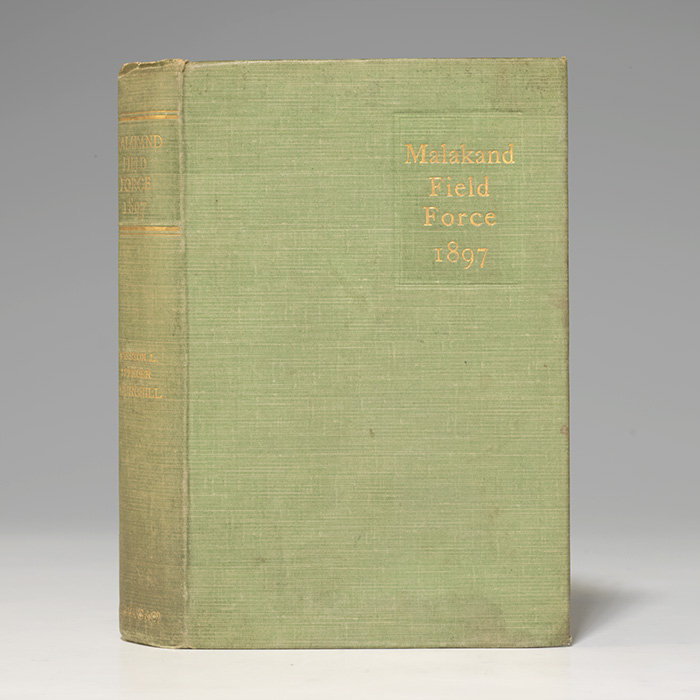
The Story of the Malakand Field Force: An Episode of Frontier War (1898) is Churchill’s first non-fiction book, concerning his participation in the military campaign on the Northwest Frontier (i.e. Pakistan and Afghanistan).
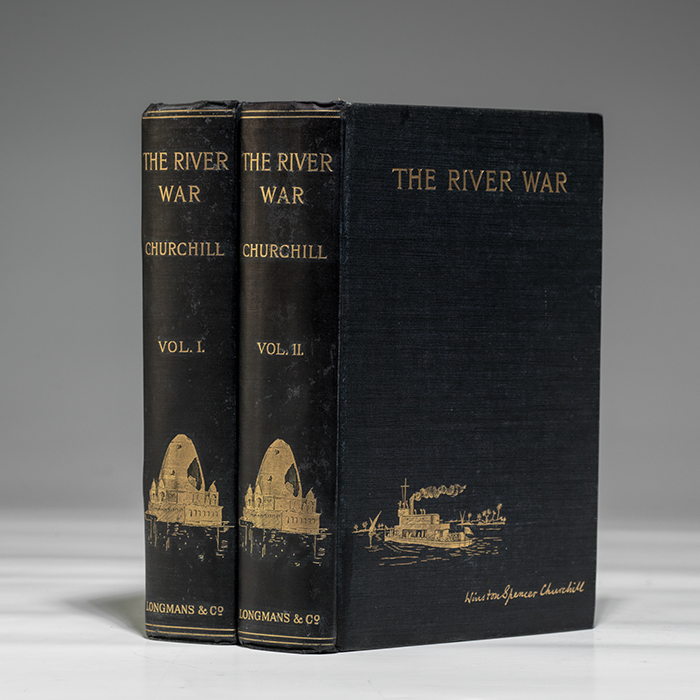
The River War deals with Lord Kitchener’s imperialist conquest of the Sudan, in which Anglo-Egyptian forces defeated a Dervish army. Churchill was an army officer during the war and actively sought out the ongoing battles in the Sudan in the hopes of advancing his career. Kitchener repeatedly rejected Churchill’s attempts to transfer to the Sudan, but was eventually thwarted when Sir Evelyn Wood, Adjutant General of the Horse Guards, intervened. Churchill secured a commission from the Morning Post before leaving and thus combined military service with war journalism.
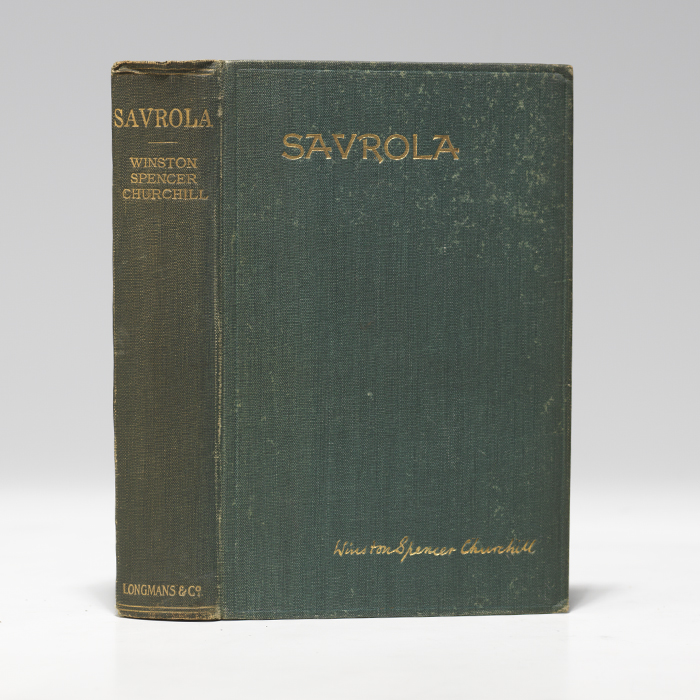
Savrola: a Tale of the Revolution in Laurania is Churchill’s first–and only major–novel, concerning events in a fictional country called “Laurania” modeled after turn-of-the-century Britain. Intensely concerned with geopolitical affairs, the novel imagines a rebel invasion led by the romantic revolutionary leader Savrola, who Churchill based on himself. As Savrola stands firm in the face of threats by the established government, his city is destroyed. The book was a minor success, though Churchill counseled his friends against reading it in later years.
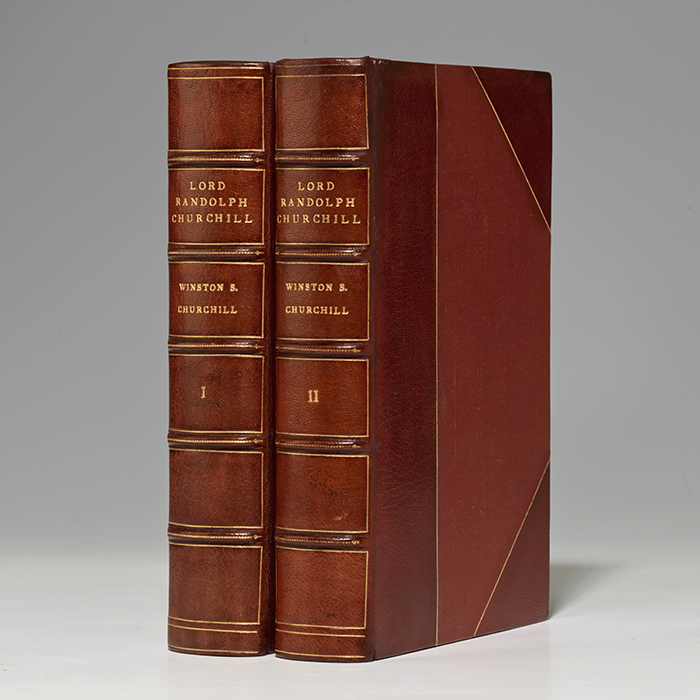
Lord Randolph Churchill is a two-volume biography of Churchill’s father, a Victorian politician. Though critically acclaimed, the biography softens Lord Churchill’s character substantially. Many believe that Churchill wrote the book to assist in his own political aspirations.
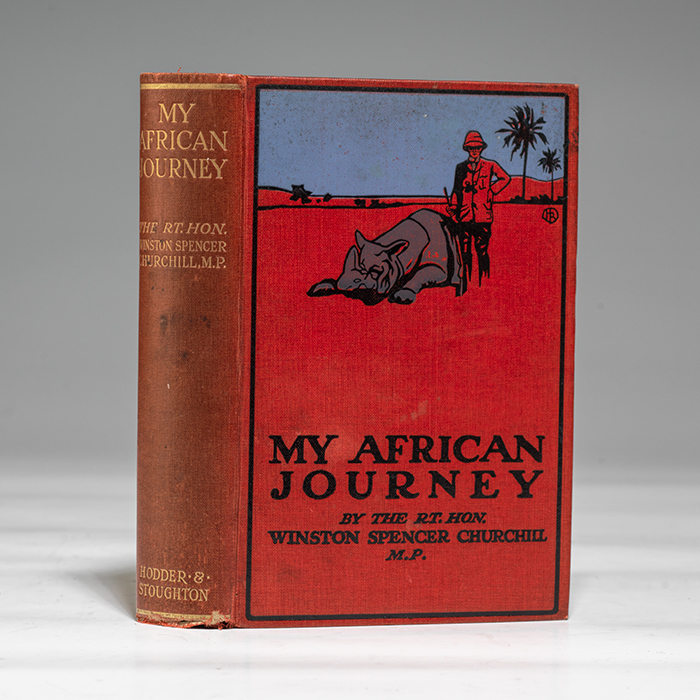
My African Journey chronicles Churchill’s journey through British East Africa. Marked by Churchill’s imperialist and colonialist perspective, the work nevertheless offers important information on the former colony. It covers fascinating aspects of Churchill’s trip including encounters with African inhabitants of the countries he visited and his big game hunting pursuits.
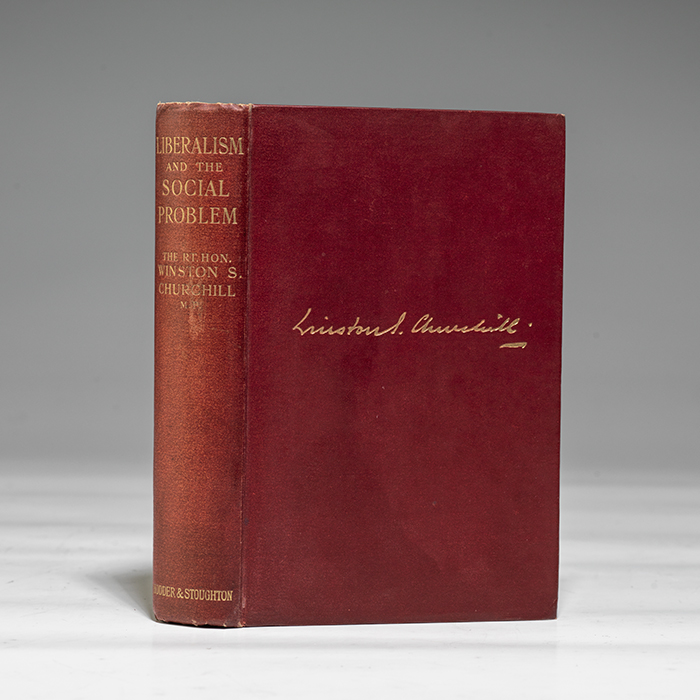
Liberalism and the Social Problem collects Churchill’s pre-WWI speeches in Parliament, right after he switched from the Conservatives to the Liberals. As Churchill was Under-Secretary of State for the Colonies at the time, the speeches often concern colonial issues.
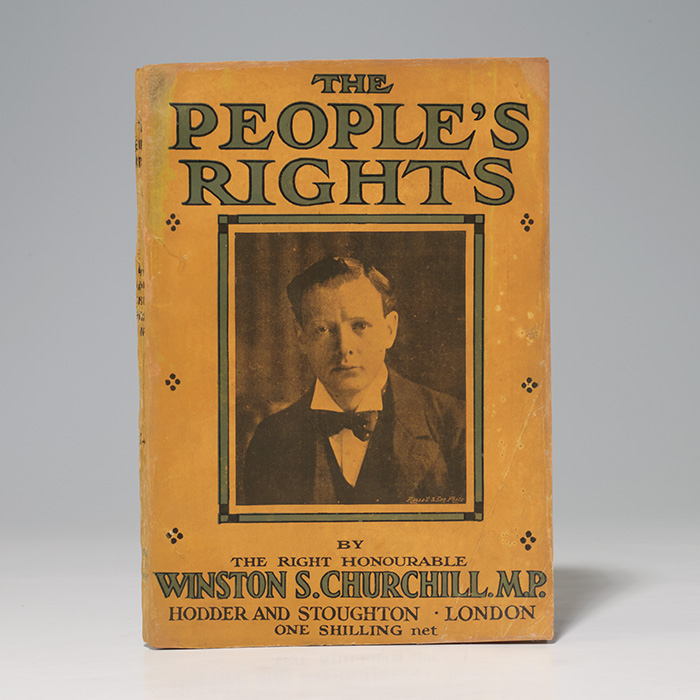
The People’s Rights adapts nine speeches Churchill made on the 1909 campaign trail representing the Liberal Party. The speeches attack the House of Lords and its decision to reject the budget presented by the Liberals.
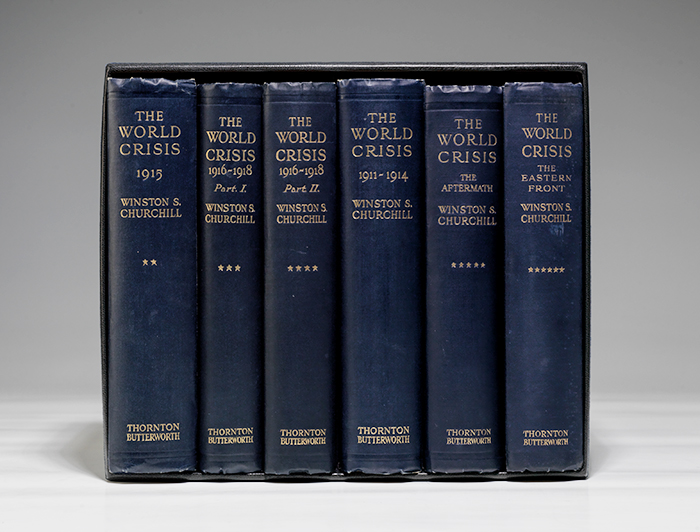
The World Crisis is a six-volume analysis of “The War to End All Wars.” Churchill began the war as First Lord of the Admiralty, but was demoted after Dardanelles and Gallipoli. He subsequently served as a field officer in the trenches for around a year before being named Minister of Munitions. For anyone who wishes to understand the context of Churchill’s The Second World War, The World Crisis is an essential read.
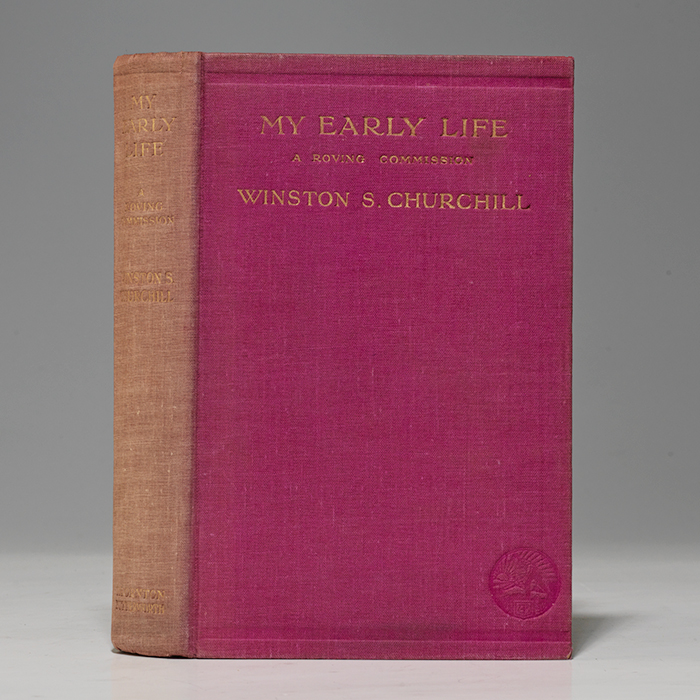
My Early Life: a Roving Commission is an autobiography tracing Churchill’s life from his birth to 1902, excepting a brief mention of his 1908 marriage. My Early Life present Churchill before the height of his political career, when his greatest accomplishments were as a war correspondent.
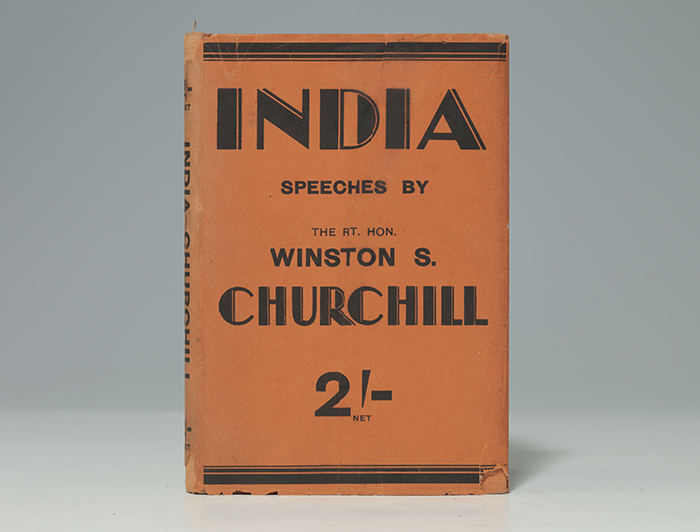
India: Speeches and an Introduction constitutes Churchill’s warning against Indian independence. Churchill was by no means a progressive on the issue of India and his racist attitudes have been widely criticized. However, Churchill’s contention that a quick withdrawal would lead to massive bloodshed between Muslims and Hindus proved prescient. Perhaps most notable are his pointed opinions on Gandhi, who Churchill viewed as a fake.
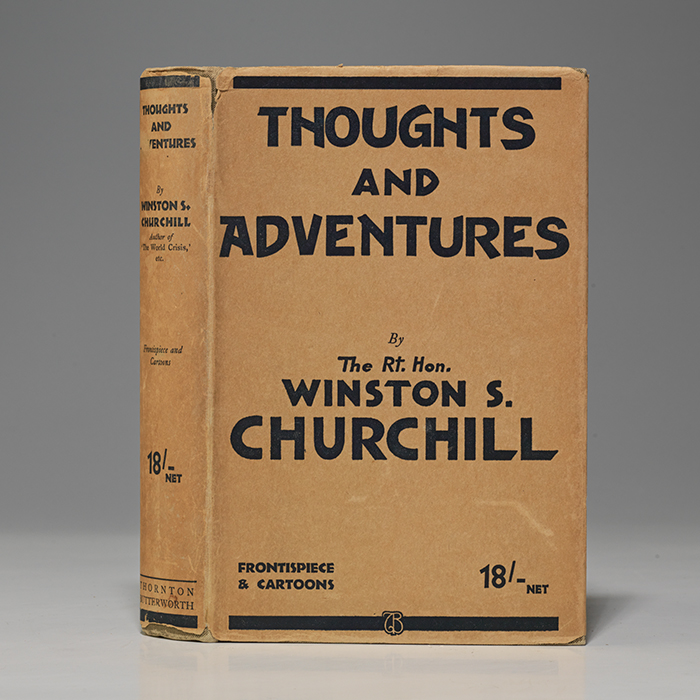
Thoughts and Adventures is a diverse collection of 23 essays covering a wide range of topics from London street fights to life in the trenches.
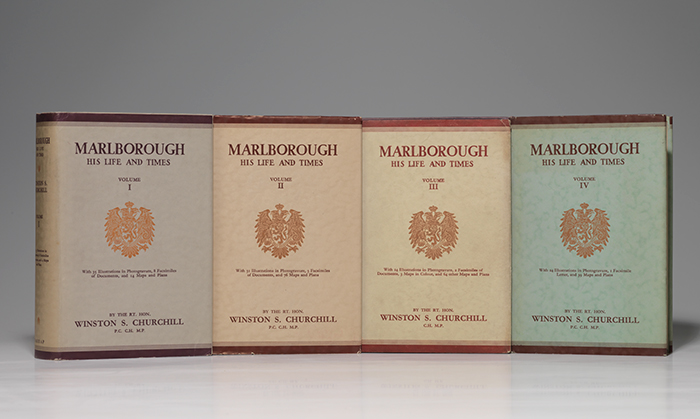
Marlborough: His Life and Times is Churchill’s laudatory biography of John Churchill, the first Duke of Marlborough (1650-1722). It is widely regarded as one of the best works of history ever written.
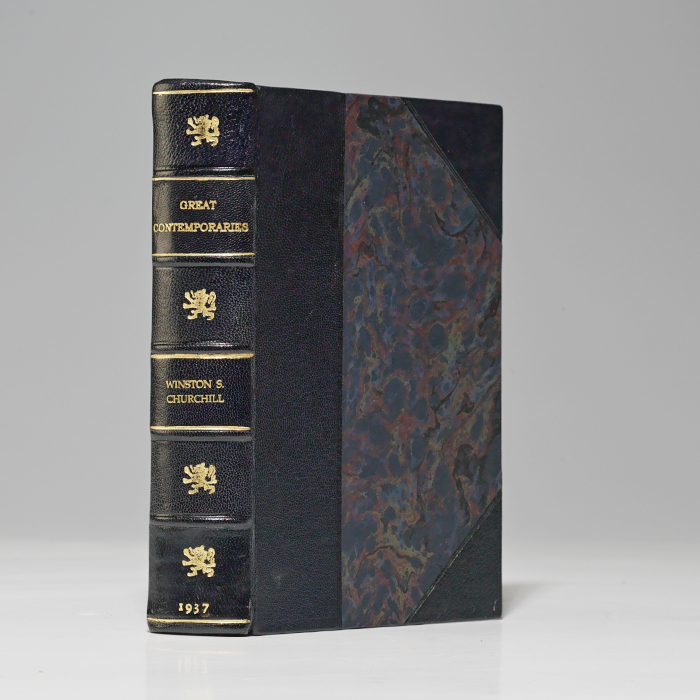
Great Contemporaries is a collection of 25 essays on great (i.e. powerful) contemporary leaders. Subjects include Roosevelt, Hitler, Kaiser Wilhelm, George V, and many more.
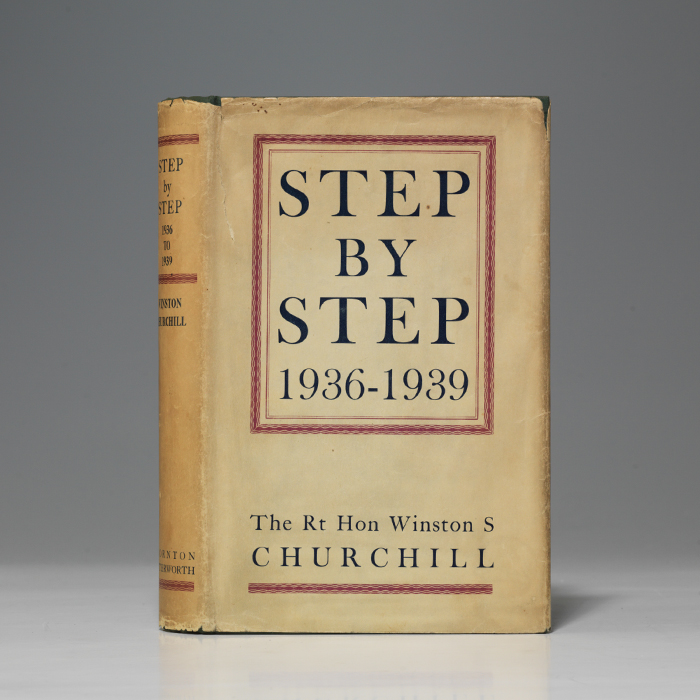
Step by Step: 1936–1939 collected 82 newspaper articles written by Churchill during the years in question. The work is particularly valuable for its consideration of the rise of the Nazis.
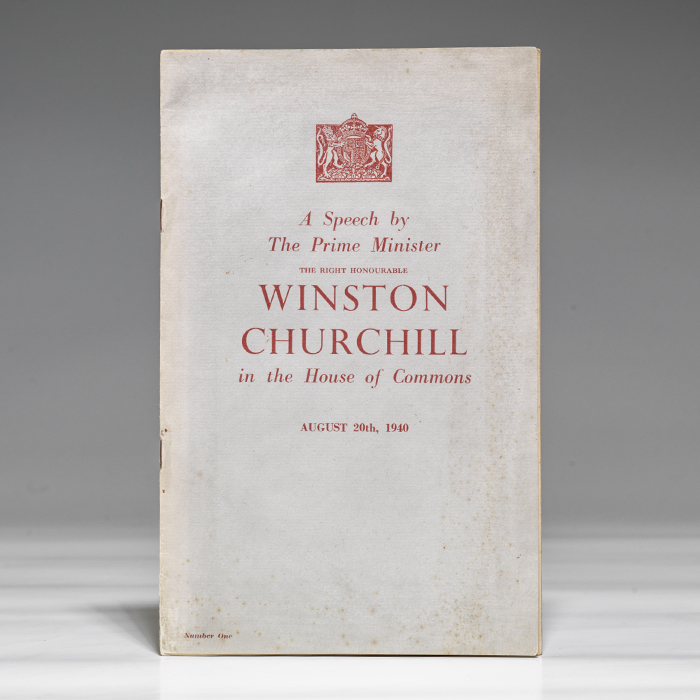
Speech by The Prime Minister, also known as “Never was so much owed by so many to so few” or simply “The Few,” was Churchill’s solemn speech in honor of the brave RAF airmen responsible for defending Britain from German aggression throughout the war.
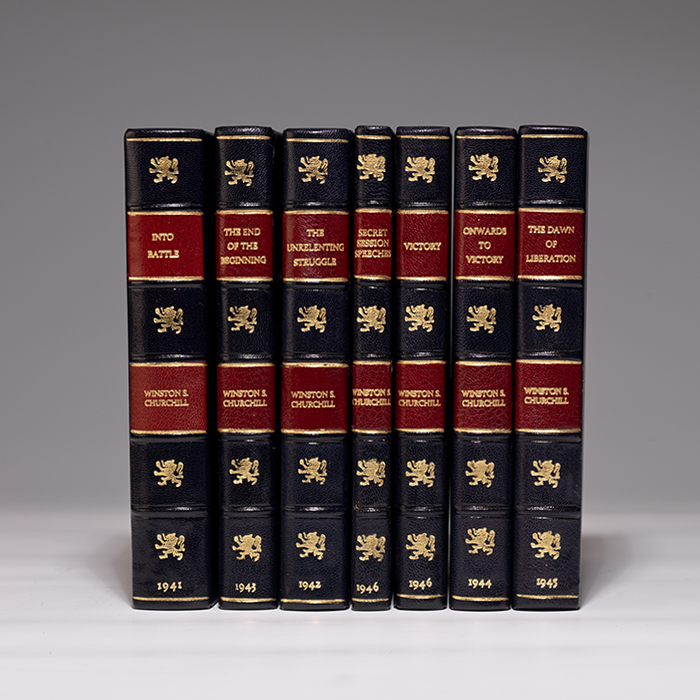
War Speeches collects many of Churchill’s iconic speeches delivered during the Second World War. With a British victory by no means assured, Churchill’s rhetorical abilities helps to inspire Britain and to encourage them to stay strong when confronting Germany’s might.
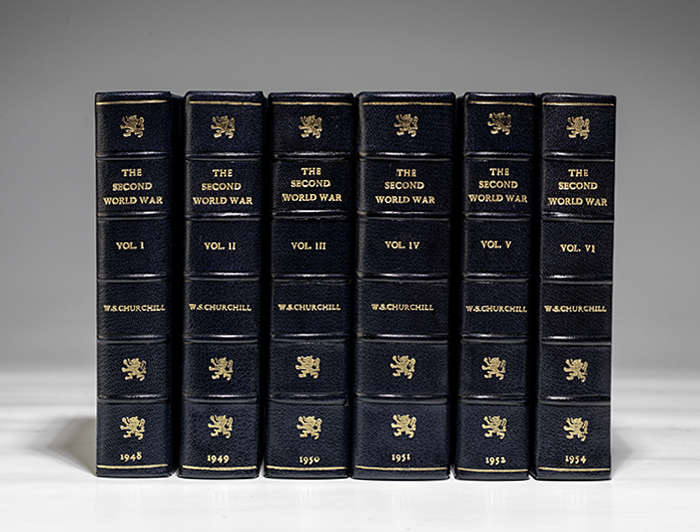
The Second World War remains one of the most collectible Churchill titles, displaying both his keen first-person insight as well as his unparalleled writing abilities. Churchill experienced the Second World War from a unique perspective as Britain’s leader and The Second World War offers a powerful, personal case for reelecting him as prime minister.
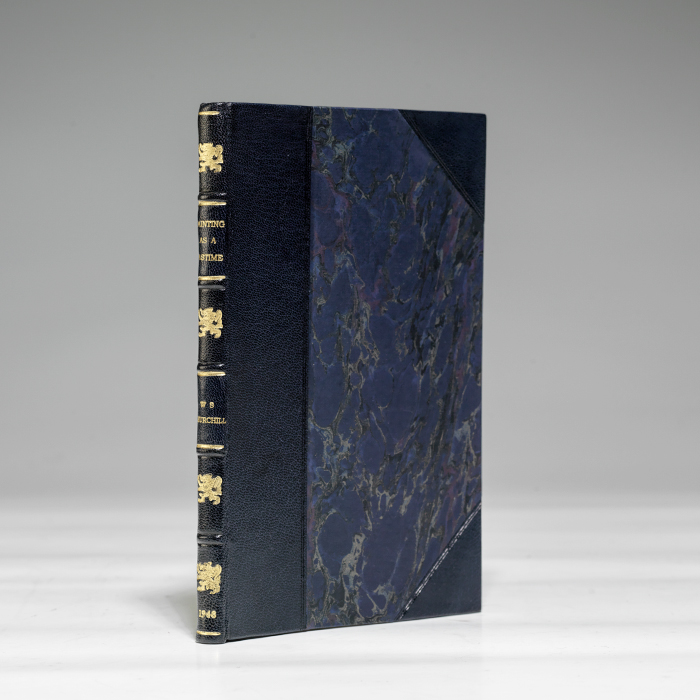
Painting as a Pastime concentrates on Churchill’s passion for painting–a hobby he took up at the age of 40 and, like all of his other pursuits, excelled at.
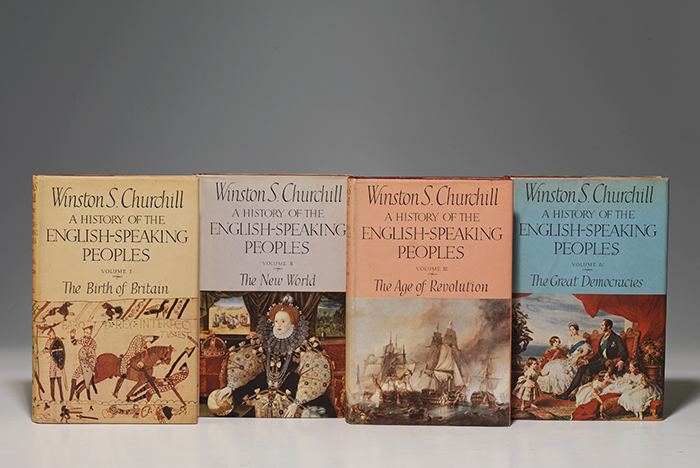
A History of the English-Speaking Peoples is a four-volume history of Britain and its colonies, from 55 BC when Caesar invaded Britain to the end of the Second Boer War in 1902. Though favorably reviewed by most, the work is somewhat quirky with Churchill focusing on particular aspects of history that interested him.
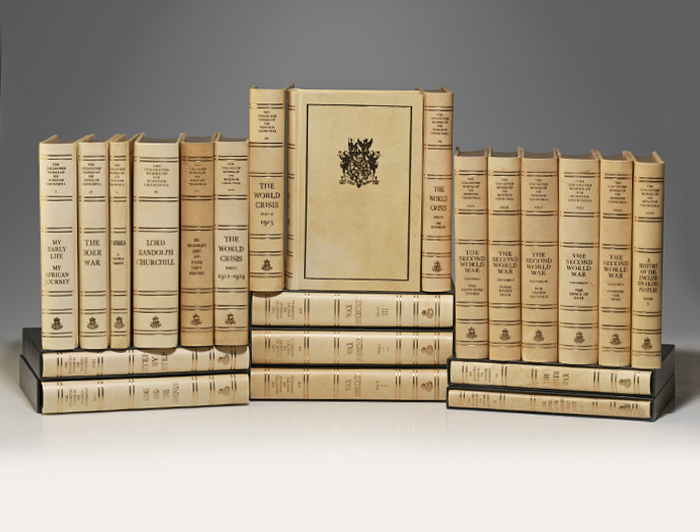
Collected Works of Sir Winston Churchill brings together many of Churchill’s most beloved writings in a uniform binding, from his Boer War reportage to his chronicling of the World Wars. It’s an accessible set, meant to be read and enjoyed.
Obviously, this list isn’t exhaustive. There are also individual books; periodical publications; multiple collected editions covering different parts of Churchill’s writing career; as well as a number of shorter works extracted from longer works (e.g. The American Civil War). However, any collection based on this list of books would be as respectable as it would be valuable. Perhaps most appealingly, collecting Churchill can be the work of a lifetime.
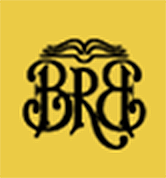
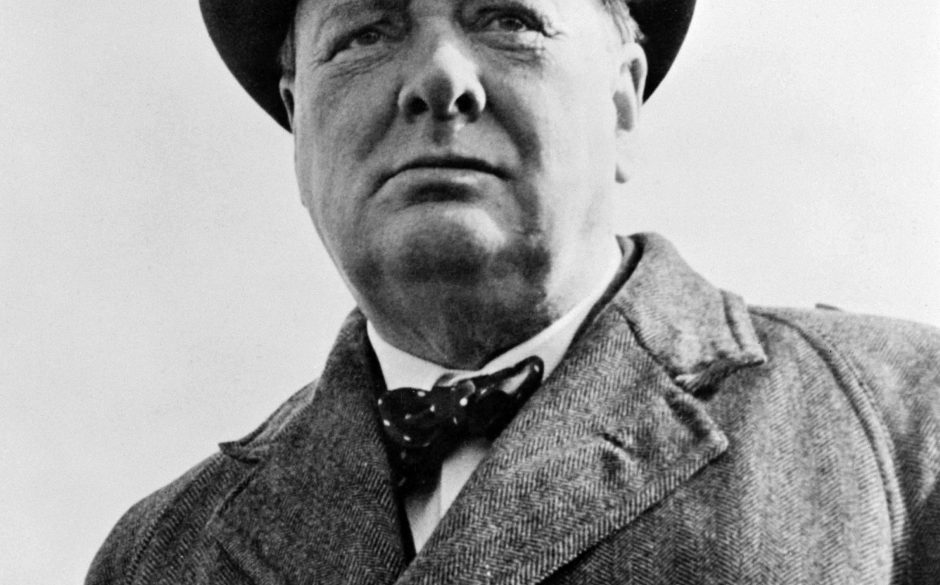

Comments
One Response to “Collecting Churchill”
Jessa Feiler says: May 11, 2022 at 9:51 am
Our Philadelphia office is the corporate HQ. We no longer have a store in Philadelphia, but we do occasionally invite clients and sellers here after speaking with them. If you’re interested in selling your books, “Sell Your Books”–a menu choice on our website–offers an explanation of our purchasing process and instructions for how to proceed. However, I’m afraid we do not offer appraisals or price lists.